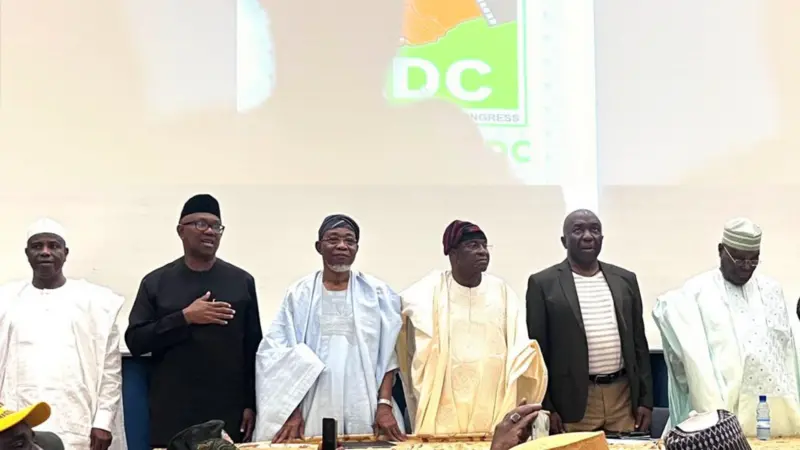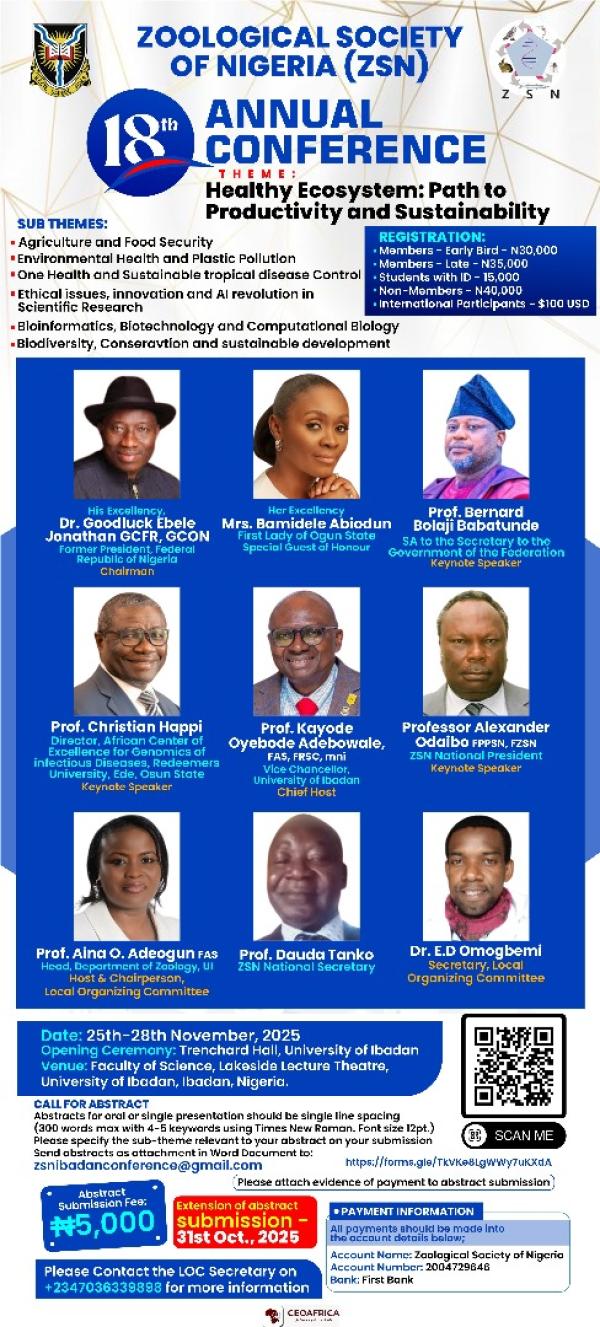
Tunde Leye is the author of The Burden of Proof, which is so popular among online readers. In this interview, he speaks on his writing, and how he has been able to capture the hearts of online
literary lovers. EXCERPTS:
Y OU once said stories form the basis of society and the arts; what do you mean by this?
Writing records our thoughts and transmits them with precision we could never manage by any other means. Singers, artists, politicians, explorers and all sorts of people have been inspired by the things they read. Almost everyone can point to that book they read that was the fulcrum around which their lives turned. That is why when dictators and tyrants take over government, they go after writers and their books. They know how important these are. It is what has inspired writers to put their words down in spite of danger and the amount of work they have to do to complete the works. So the society and the arts are inseparable.
The Burden of Proof incorporates some aspects of the Nigerian-Biafran war. What fueled your interest in this period of Nigerian history?
As with any writing, research is one of the most important parts. Thankfully the internet has made researching easier. Of course, it helped to talk to people who actually lived and fought on both sides (of the war) to get a grasp of how it affected people beneath the normalcy that their lives now have. Nigerian history in general interests me and a lot of my writing takes different aspects of the history as elements that influence the plots and characters.
An intriguing part of the tale is how efficient the police is. Is this representative of modern Nigerian society or a reflection of how you’d like the police to operate?
The story was actually close to reality…after speaking with and observing our police. Those pieces are there,
it merely takes driving and coordinating them better together. However, I do take some artistic liberty as most fiction does when referring to law enforcement. I mean, we watch police investigation stories from Hollywood where they get DNA results in hours whereas it takes much longer and requires the DNA samples to be of a certain quality in reality.
What really inspires your writing?
My writing flows out of two things – I read a lot; I listen and observe things and events very keenly and ponder on them. I tend to pace myself when I write and I firmly believe the maxim “the only way to improve on writing is to write” so I write a lot. I write three blog posts weekly, two of them fiction and an opinion piece for a newspaper, as well as working on a novel alongside. It helps to have a sort of schedule I write on and keep to it. I also write in iterations. First, I put down a skeleton of the piece and then I flesh it out in several iterations, adding the details and giving the characters life as I go. I also try to make sure my characters are real people in their reactions and actions. This doesn’t downplay the fact that writing is difficult, but it is a skill and needs to be practiced regularly to sharpen.
What are you currently working on?
I recently started Write Right, a writing prize to discover new writers, reward them and support them to write books and start blogs beyond the prize. I am also working on my third book, an epic fantasy novel called Guardians of the Seals which is due out next year.






















